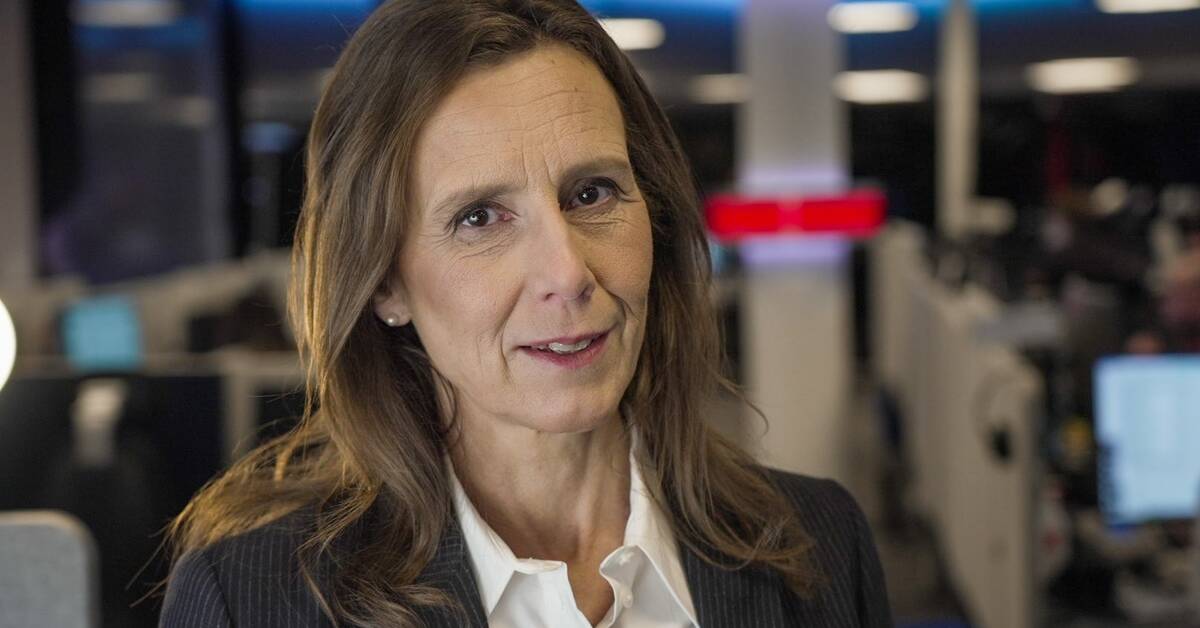On May 9, when Putin celebrates World War II victory day, the world stock markets have hardly triumphed.
Of the Stockholm Stock Exchange's 30 most traded shares, only two have managed the day decently and risen by around half a percent: Essity and Atlas Copco, which make toilet paper and mine drills, respectively.
Which, of course, made the video an overnight sensation.
There are many newcomers among the small savers.
For the past two years, it has been a party most of the time.
From time to time, there have been stock market dips, short-lived, but not short-lived enough to prevent various melancholy pundits from warning of stock market crashes, see here for a more detailed description of my own role.
"Only Prutin knows"
But now the stock market has fallen 25 percent since the turn of the year.
The entire rise since the end of the first pandemic year 2020 has been wiped out.
For many happy stock market enthusiasts, this is something new.
But after the IT crash in 2000, it took more than a decade for the stock market to get serious, and the big question now is of course how long it will be this time.
The sad answer is: no one knows.
The scary answer may seem like this: Only Putin knows.
The invasion of Ukraine shocked the whole world, including the financial one.
What has happened since February 24 is, above all, a human tragedy for the Ukrainian people, for the whole of Europe and for Russia as well.
But the war also has devastating economic consequences:
The IMF has written down its forecast for global growth this year by almost one percentage point to 3.6 percent.
In most places, employment and GDP will not return to pre-pandemic levels until 2026. There are exceptions, such as the United States.
But there, war prices for oil and petrol have instead helped to push up inflation above the 8% mark.
There is an energy crisis in Europe.
Fuel prices have risen, pushing up inflation here as well.
Large Swedish companies such as Ikea, H&M and Volvo have lost billions on withdrawing from Russia.
But still: It is not Putin who has crashed the world stock markets, apart from the one in Moscow, of course.
It is the world's collective efforts to lift the economy and financial markets out of the pandemic crisis that have done most of the work.
Massive support efforts
Central banks and governments have poured in support and stimulus money to an unprecedented extent.
And despite the fact that the aid kick-started the economy again faster than anyone imagined, most people, for example our own then Minister of Finance Magdalena Andersson (S), repeatedly repeated the importance of not withdrawing the stimuli too soon.
That was the lesson from the global financial crisis of 2008-2009, when they tightened again too soon.
The result of this giant experiment was full speed ahead in the economies, and on the inflation fire.
It happened long before the war broke out.
But since inflation depends on supply and the price of energy from the beginning, it is difficult to influence with interest rate increases.
Instead, central banks may happen to slow down the economy with interest rate hikes, without even succeeding in bringing down inflation.
Still, they have to try.
And the relevant answer to the question of how long the stock market crisis will be is: Governors Stefan Ingves, Jerome Powell & Co do not have a whiff either.
So about inflation.
But if they get it right when they guess that it will slow down next year and that the policy rates can stay at a couple of percent, well then maybe it will not be so bad, for the stock market either.

